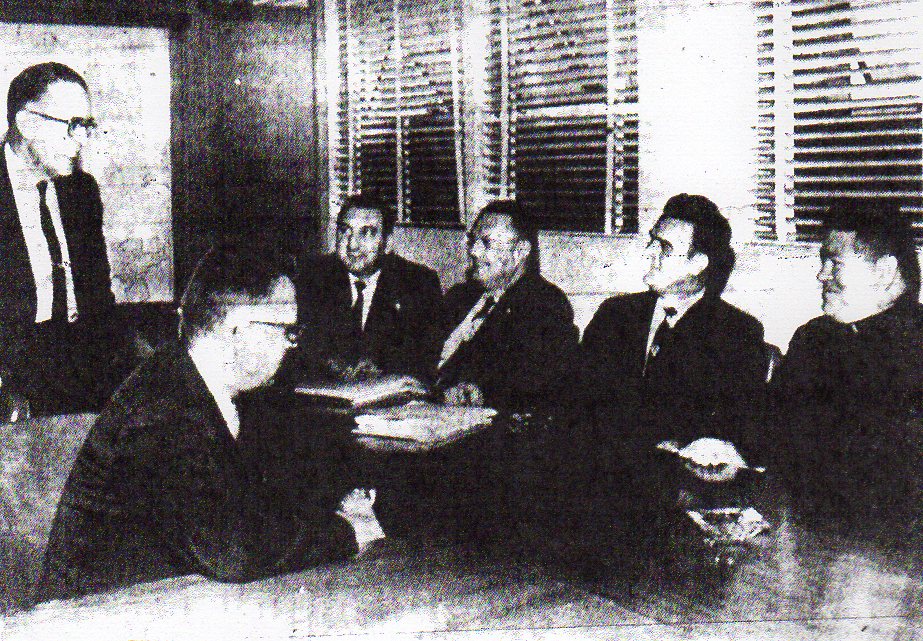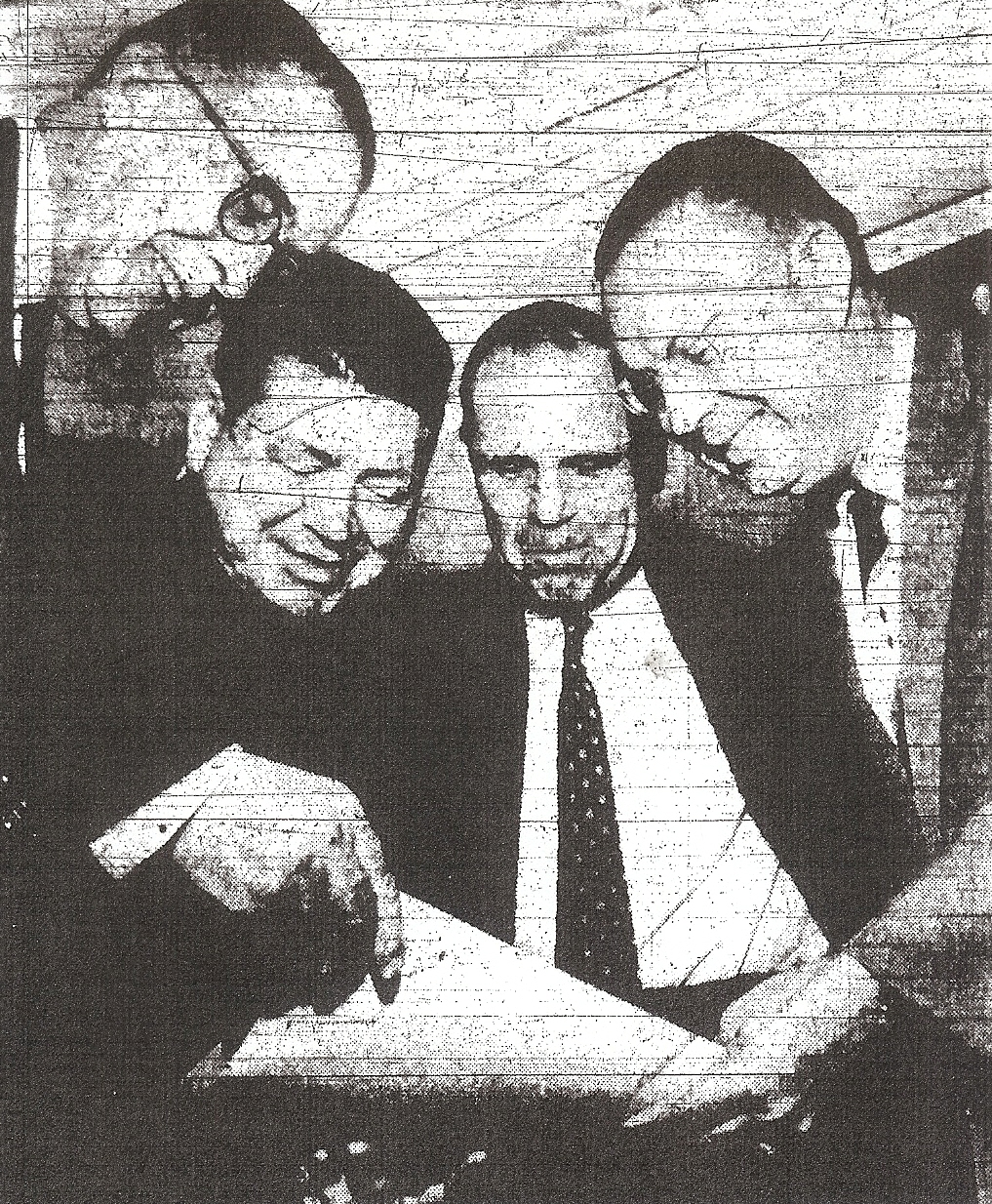San Diego had its own vision of manifest destiny. An inferiority complex, too.
Dr. Ralph Dailard, superintendent of the San Diego City Schools, announced on Sept. 22, 1959, that 15 area high schools were lined up to become members of the proposed San Diego Section of the California Interscholastic Federation.
Dailard said the schools were the nine in the San Diego Unified School District, the five in the Grossmont Union High School District, and St. Augustine, one of the city’s two private schools.
Dailard said the Escondido Union High School district, with one high school, was tentatively listed as wanting to join. One report said Escondido was “luke warm” to the idea.
There actually were 31 schools in San Diego County, but Fallbrook and members of the Southern Prep League were not initially going to be part of a new alignment.
The Sweetwater district, headed by the sports-minded Joseph Rindone, was not ready to join. The Coronado School District, because of its size, aligned with Sweetwater.
“We were invited and we’re considering it,” Rindone told Jerry Magee of The San Diego Union. “The constitution had not been completed and we didn’t want to sign a blank check (for membership).”
The board of education authorized Dailard to take steps toward forming a separate CIF section to begin functioning at the start of the 1960-61 school year.
The school board was made up of private citizens, some of whom may have known whether a football was blown up or stuffed.
Coaches, almost all in favor of staying in the Southern Section and being a part of the competitive and high profile playoffs, were not consulted.
Board members wanted their own, tiny power base.

CAR DEALER HAS VOTE
One board member, a local automobile dealer and sports fan, didn’t like the idea of San Diego schools being “bossed around” by J. Kenneth Fagans, the commissioner of the Los Angeles-based Southern Section and its 308 schools.
There were vague complaints about the Southern Section’s size, eligibility rules, sites for playoff games, and length of the playoffs.
“We haven’t found the size of the Southern Section a problem,” said Rindone, who, along with retired Hoover principal Floyd Johnson, was a past chairman of the Southern Section executive committee. “Our representative has a voice, just like everyone else.”
No substantive reason was given for the break. In reality a few people in San Diego didn’t like someone in an office 125 miles away holding sway over their fiefdom.
Southern Section officials, while questioning the necessity of a San Diego Section, were ambivalent.
At a meeting at Helms Hall in Los Angeles on Nov. 21, the Southern Section executive committee granted approval for the proposed San Diego Section while declining to make an endorsement.
San Diego wanted to be “big league.” The city and Union sports editor Jack Murphy avidly pursued Los Angeles Chargers owner Barron Hilton and persuaded Hilton to move here after the 1960 season.
“Big League” was not easily defined.
Which would you consider big league? A championship game between 6-3 Clairemont and 6-3-1 Escondido (1962) or a semifinals playoff between 10-0 San Diego and 10-0 Anaheim (1955)?

RINDONE LEAVES
‘By 1960, Rindone would move on to found Southwestern College in Chula Vista. Before he left, Rindone supported the inevitable move by San Diego schools. The Sweetwater district and Coronado closed ranks and joined the others.
A final step was taken when the CIF state federation approved the San Diego County request after 30 minutes of discussion in Sacramento. Darrell Smith, head of athletics for the city schools, and Lewis Smith, superintendent of the Grossmont district, represented the local group.
Smith reported that small schools and independent institutions in San Diego would be given the “right of self determination as to whether they want to remain in the Southern Section or be included in the San Diego Section.”
Mountain Empire would remain in the Southern Section for several years and Fallbrook didn’t join in football until 1961-62. The other small schools fell into line.
The CIF San Diego Section, 31 strong, was a reality.
Four weeks of playoffs, which were too long in 1959, are the norm in the 21st century, along with a regular-season schedule that essentially has grown from 8 games to 10 and a postseason with the potential of state playoff games.
